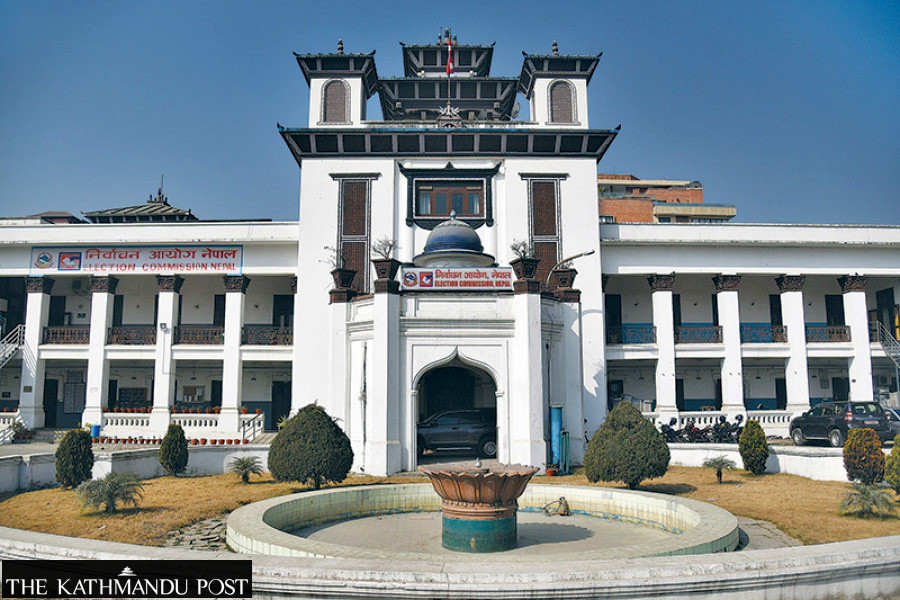National
Government plans ordinance to enrol Gen Z voters
Tens of thousands of young voters may be barred from the March polls under the current law.
Binod Ghimire
Last week, the Gen Z uprising against corruption, bad governance, and lack of accountability toppled the KP Sharma Oli-led government, a powerful coalition between the Nepali Congress and the CPN-UML, in just two days.
President Ramchandra Paudel, acting on the recommendation of youth representatives, appointed former chief justice Sushila Karki as prime minister of an interim government. He also dissolved the House of Representatives, one of the key demands of the agitators, giving Karki six months to conduct parliamentary elections. Appointed on September 12, Karki has the responsibility of holding elections on March 5 next year and handing over power to the elected government.
However, even as the country achieved a huge political transformation under Gen Z’s leadership, tens of thousands of youths could be prevented from exercising their right to vote under the existing law. Section 4, subsection 2 (2) of the Voter Registration Act, 2073, stipulates, “No person shall be registered in the voters’ list for the purpose of an election after the date of that election has been declared.”
If the present law gets continuity, only those registered in the voter lists by September 12 will be able to vote in the House of Representatives elections. As per the Election Commission’s report, as many as 18,148,654 voters have been listed for voting as of Chaitra-end (mid-April)—end of the previous Nepali year 2081.
The commission is in discussions with the government to clear the prevailing legal complexities. “We are in talks with the government to clear the legal barrier that keeps Gen Z youths from voting,” said acting chief election commissioner Ram Prasad Bhandari. “The government is ready to issue an ordinance to amend the provision. To my knowledge, it will be done soon.”
The Post’s attempts to get comments from Om Prakash Aryal, minister for home affairs and minister for law, justice and parliamentary affairs, which serves as liaison ministry to the election commission, however, were unsuccessful.
Bhandari said the commission plans to allow two months for new voters to register. “Giving two months for voter registration will present us with some challenges, but the commission is competent enough to handle them,” he said.
As many as 17,988,570 voters—9,140,806 men, 8,847,579 women and 185 from other categories—were eligible to cast their votes in the previous elections held in November 2022.
By April 2025, in two and a half years, the number increased by 160,054 to 18,148,654.
Anyone who has attained the age of 16 can get Nepali citizenship. However, they have to wait for another two years before exercising their right to vote. Voter registration is a must for this.
Bhandari said they started preparatory work as soon as the election date was announced.
The five-member constitutional commission has been reduced to three. A member’s position is vacant after the retirement of Ishwari Prasad Poudel in 2023.
Similarly, it is headless since Dinesh Thapaliya retired after completing his six-year term in April. In July last year, the constitutional council recommended Krishna Man Pradhan as a commission member in the position that went vacant after Poudel’s retirement. He, however, withdrew his nomination following widespread criticism over his alleged involvement in a sexual assault.
Bhandari said the three-member team is competent enough to hold elections. “We are more than capable. With the government’s support, the March 5 elections will be held successfully,” he said.




 18.12°C Kathmandu
18.12°C Kathmandu














